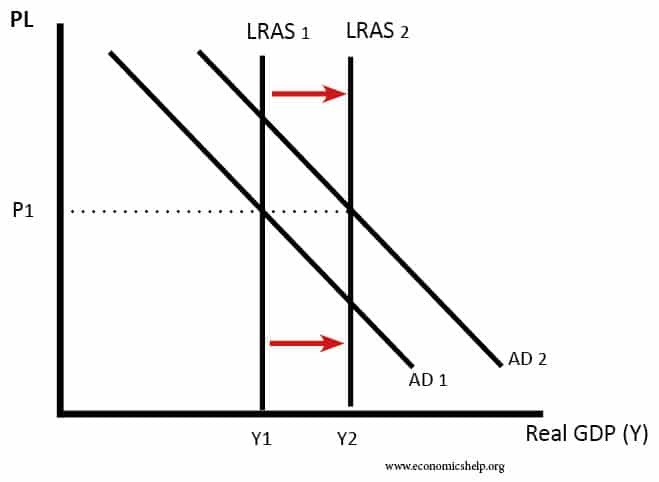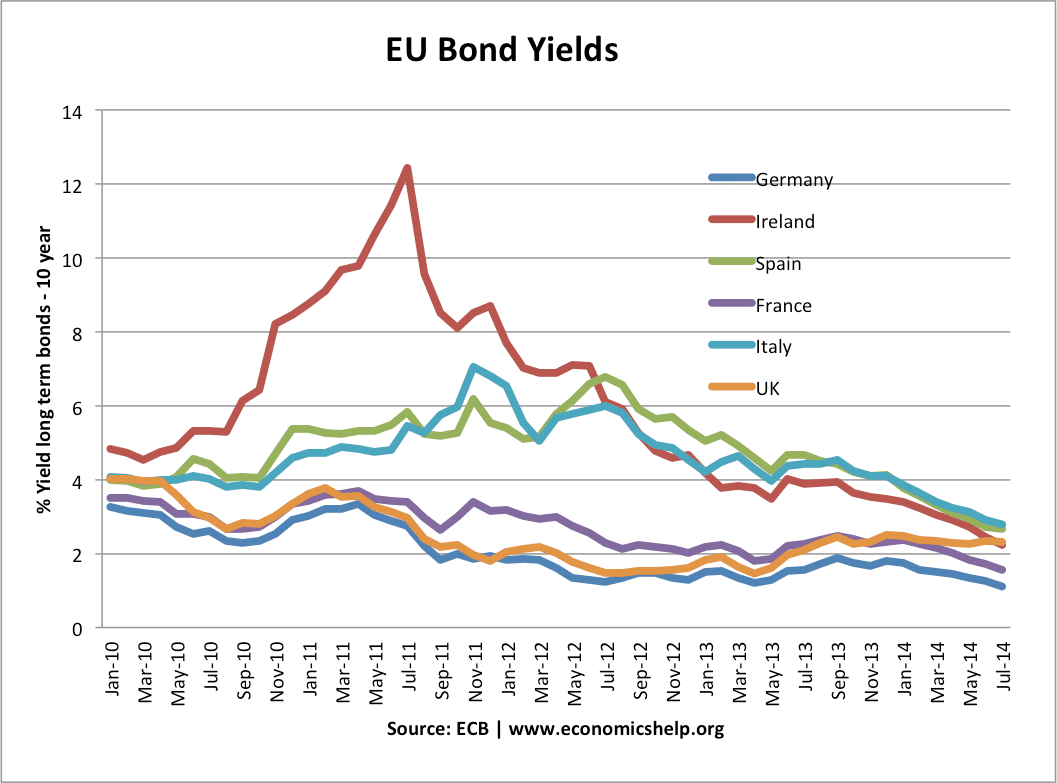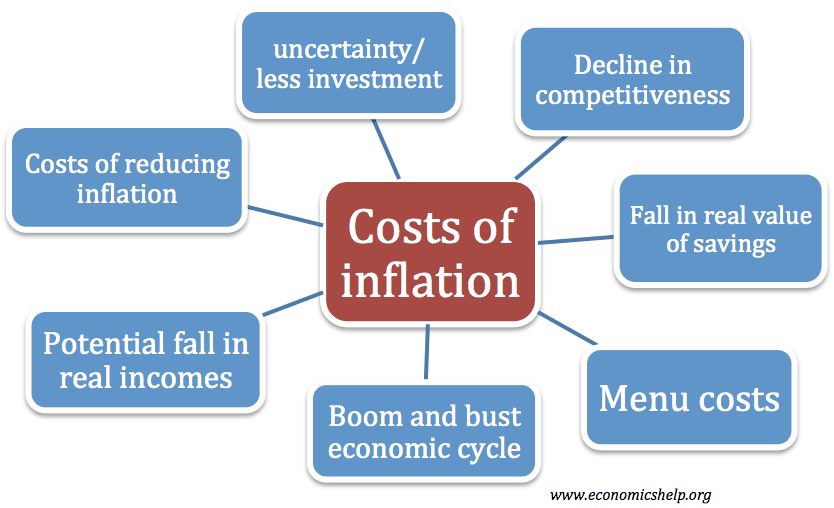Facts about the UK economy
Some facts about the UK economy. GDP In 2018, UK GDP stood at $2,809 trillion (£2,217) According to IMF, the UK GDP ranked 5th in nominal terms. Behind Germany (4th) and ahead of India (6th) Measured according to Purchasing Power Parity (adjusted for living costs, the UK ranked 9th The Great Moderation. Between 1993 and …



